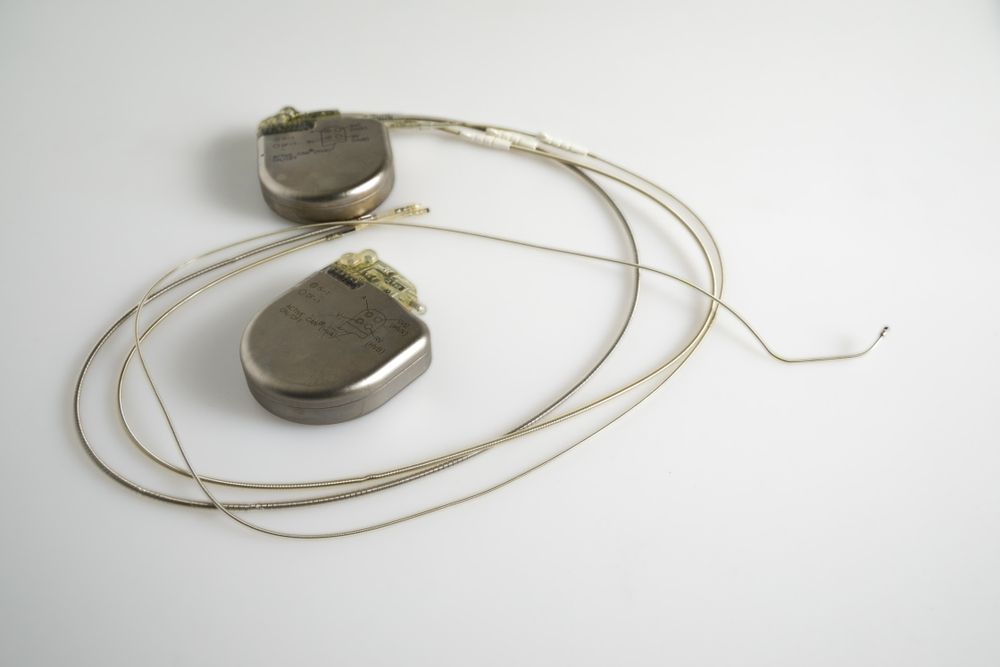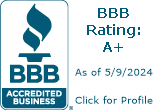Sales Tax Audit Defense: 5 Effective Tips You Need to Know
Sales tax audit defense is one of the cornerstones of our sales tax consulting practice. We’ve represented hundreds of clients who were undergoing sales tax audits. We’ve fought audit assessments in all 45 U.S. states that have sales tax. One of the most common questions we hear from taxpayers upon receiving the notification of a sales tax audit is, “What should we do now?” We’ve put together the following list of the best tips and tricks of the trade from our experience as sales tax consultants defending a sales tax audit.
5 Sales Tax Audit Defense Tips
1. Relax
It’s never good news when you find out that your company has been selected for a sales tax audit. It seems like the initial reaction everyone has is to cringe and think “I wonder what the auditor is going to find?” Followed quickly by the second thought of “I wonder how much time this audit is going to take?” While no one will ever confuse a sales tax audit with fun, it’s important to remember that there is nothing you can do to avoid the process. Stressing about what prompted the sales tax audit is a useless endeavor and it’s important to remember that it doesn’t necessarily mean that the state suspects any wrongdoing by your company. In fact, I’d say from our experience that less than 10% of audits are generated because of some suspected liability. That means that 90% of the time the sales tax audit was triggered by normal auditing practices by the state. Many audits are indeed randomly selected. Others are set on a rolling calendar basis. Some audits are focused within a certain industry. Still others may be generated as a result of information gathered during a sales tax audit of one of your customers or suppliers. Sales tax audits are rarely initiated as a direct result of filing a refund claim. So…relax, the state auditor assigned to your file is likely not out to get you. It might just be time for some good old fashioned “tire kicking” by the state you operate within to see if you may owe any unpaid sales and use taxes.
2. Establish a single point-of-contact for the state auditor
After you take that deep breath, it’s time to start planning. The first matter of business is to decide who will be the main point-of-contact with the state auditor for the duration of the sales tax audit. Why establish a single point-of-contact? There are a number of great reasons. First and foremost, establishing a single point-of-contact ensures that no mixed messages will be sent to the state auditor. For example, prior to its recent revision, Florida’s sales tax exemption for manufacturing stated that replacements of machinery and equipment were taxable, but that the repair of machinery and equipment were non-taxable. Florida sales tax auditors would frequently ask leading questions of non-tax savvy staff that would elicit a response that certain items were replacements rather than repairs. If a single person controls the message (and that person understands the nuances of tax law) situations like this can be avoided.
Second, selecting a main point-of-contact will establish open communications between your company and the state auditor. Sales tax audits are often initiated with computer-generated form letters that request all sorts of documentation – most of which is unnecessary. These superfluous requests often overwhelm and distract from the key issues. Have the main point-of-contact call up the state auditor and talk through the list of items requested. If you don’t understand why the auditor would need to see something, ask them why they want it. What you’ll learn is that those computer-generated form letters include a comprehensive list of all the items that an auditor may want to see, but in reality the documents a retail business should provide in its sales tax audit are quite different from those that a manufacturer should provide.
One final note on state auditors: They aren’t the enemy, but they also aren’t there to do you any favors either and we all know who signs their paycheck. One false narrative we hear frequently is that “since the state recently audited us, there is no real potential for any sales tax refunds because the auditor would have found them during the audit.” That is absolutely false! While it is true that a state sales tax audit is intended to look for both sales tax liabilities as well as sales tax refunds, in practice a state auditor’s efforts are far more focused (often exclusively) on the liability side. For example, at a for-profit hospital located in Texas, the Texas Comptroller prepared a sales tax assessment for $2.1M. We were then engaged to defend that sales tax audit and not only did we reduce the assessment to zero; we actually turned that project into a net refund of $1.4M to our client.
3. Dedicate the necessary time to work the audit
This may seem like the most basic advice, but sales tax audit defense is a time-consuming process if done right. Prior to agreeing on a sample, study it to make sure it’s representative. When the auditor sends the audit assessment schedules, take the time to review all invoices on which taxes are being assessed. Go find any missing invoices or supporting documentation that will help argue your position. Research all issues cited by the auditor. Send back the schedules with additional notes, citations and any questions you may have for the auditor. After receiving updated audit assessment schedules back from the auditor, make a second pass through them. When it comes to reviewing schedules it always seems as if the audit assessment file can languish in waiting on the auditor’s desk when the “ball is in their court,” but that you are required to have a quick turnaround when it is sent back to you for your review. Don’t be afraid to ask for an extension if you have not been able to dedicate the appropriate time to it. Never agree to any audit findings that you have not had an opportunity to review in detail. If you do you pass up this chance, you might be foregoing an easy opportunity to have non-taxable line items removed from the assessment. One of the most time consuming, but essential parts of any effective sales tax audit defense is taking the time to…
4. Work up offsetting refunds to reduce liabilities
Sales tax refunds identified during the course of a sales tax audit defense project are more valuable to you then than at any other time. This is true because those sales tax refunds will be used to offset, reduce or possibly eliminate sales tax audit liabilities as well as any penalties or interest assessed on those liabilities. If your sales tax audit ends with a liability being owed to the state, the likelihood of the state conducting a future sales tax audit on your company is much higher than if the sales tax audit ends with the state owing you money. You want to do everything you can to end the sales tax audit in a net refund position. Creating a schedule of transactions on which sales tax refunds are due to your company is the best and most feasible method to make this happen.
5. Go find professional sales tax audit defense help
If you don’t feel like you have the time or experience to dedicate to tips 1 through 4, go hire someone to help with your sales tax audit defense. At Agile Consulting Group , we believe that sales tax audit defense should have a two-pronged approach. First, you must review the state’s work-papers and schedules to be sure you’re in agreement with any liabilities or deficiencies that have been identified. Second, all potential sales and use tax refunds should be quantified and included in the audit. We will handle all communications with auditors and work with you to develop an audit plan after performing our own initial audit review to identify both areas of exposure and opportunities. We have a proven track record of turning initial audit assessments into refund recoveries – what a great thing to go from owing the state for unpaid sales and use taxes to receiving a refund check from the state for overpaid taxes.
If you follow these tips, your impending sales tax audit may not be more enjoyable, but you and your company are far more likely to emerge unscathed or with a much smaller assessment. In the end we all want to pay our fair share of sales taxes, but not a penny more, right?
The post Sales Tax Audit Defense: 5 Effective Tips You Need to Know appeared first on Agile Consulting Group.












